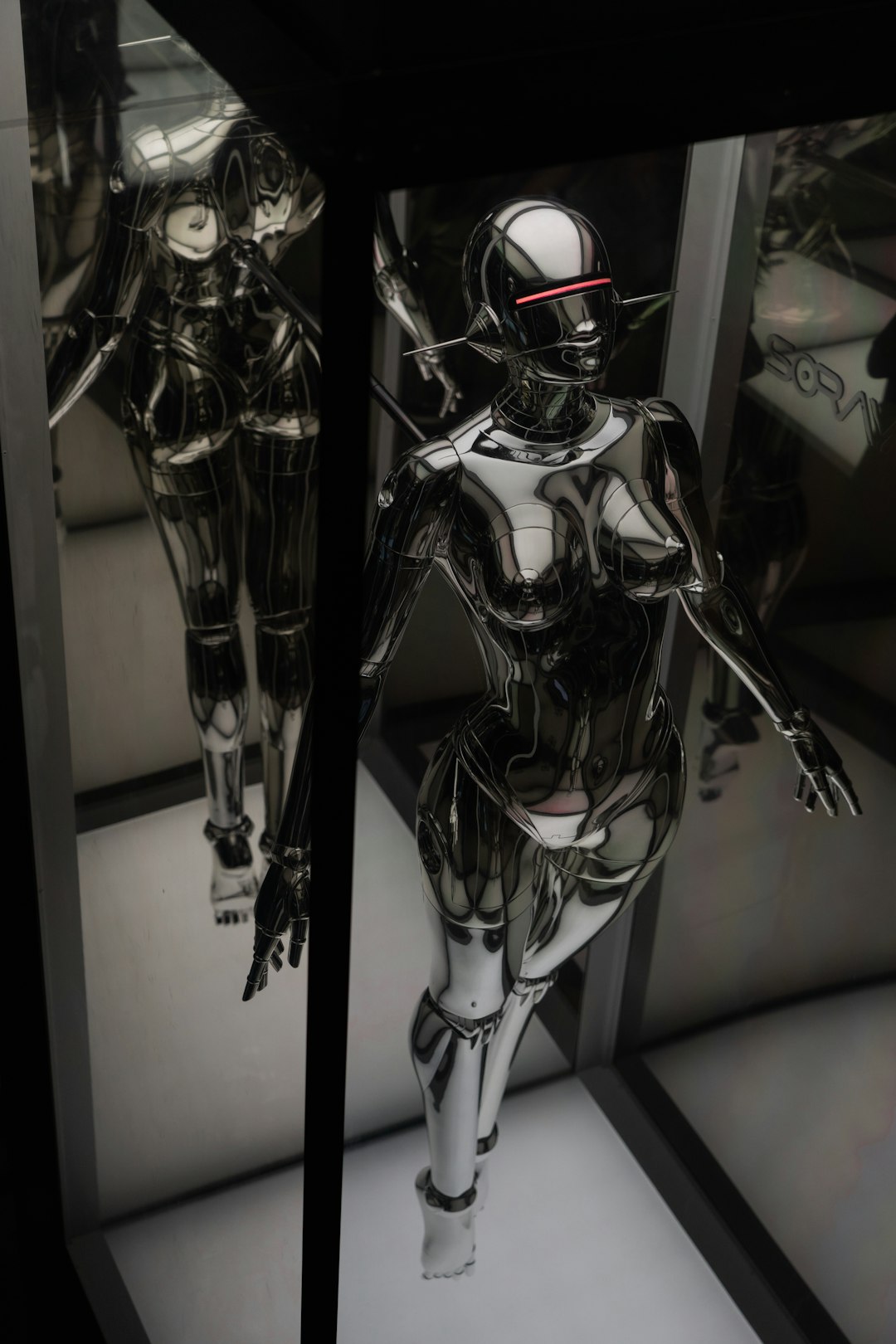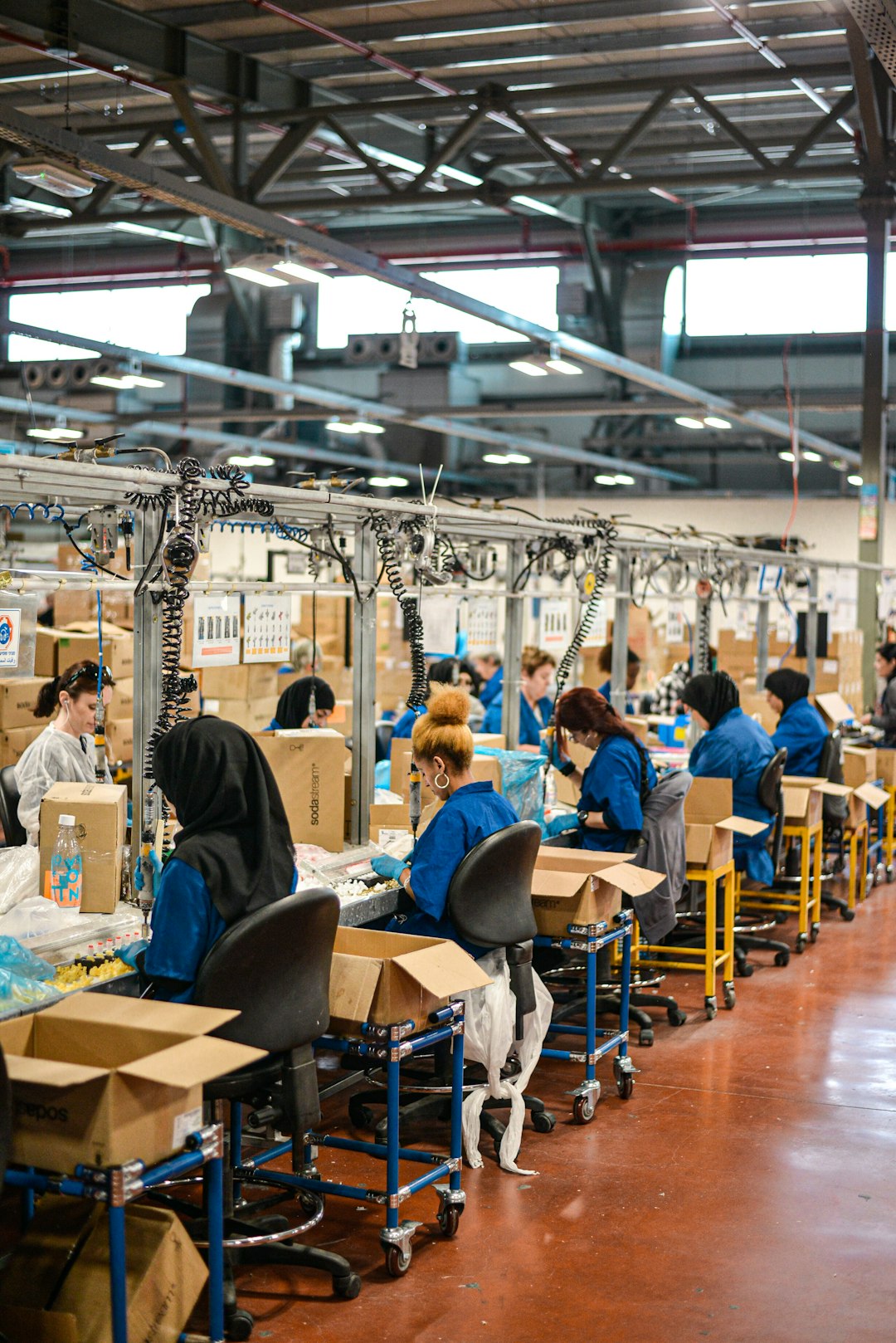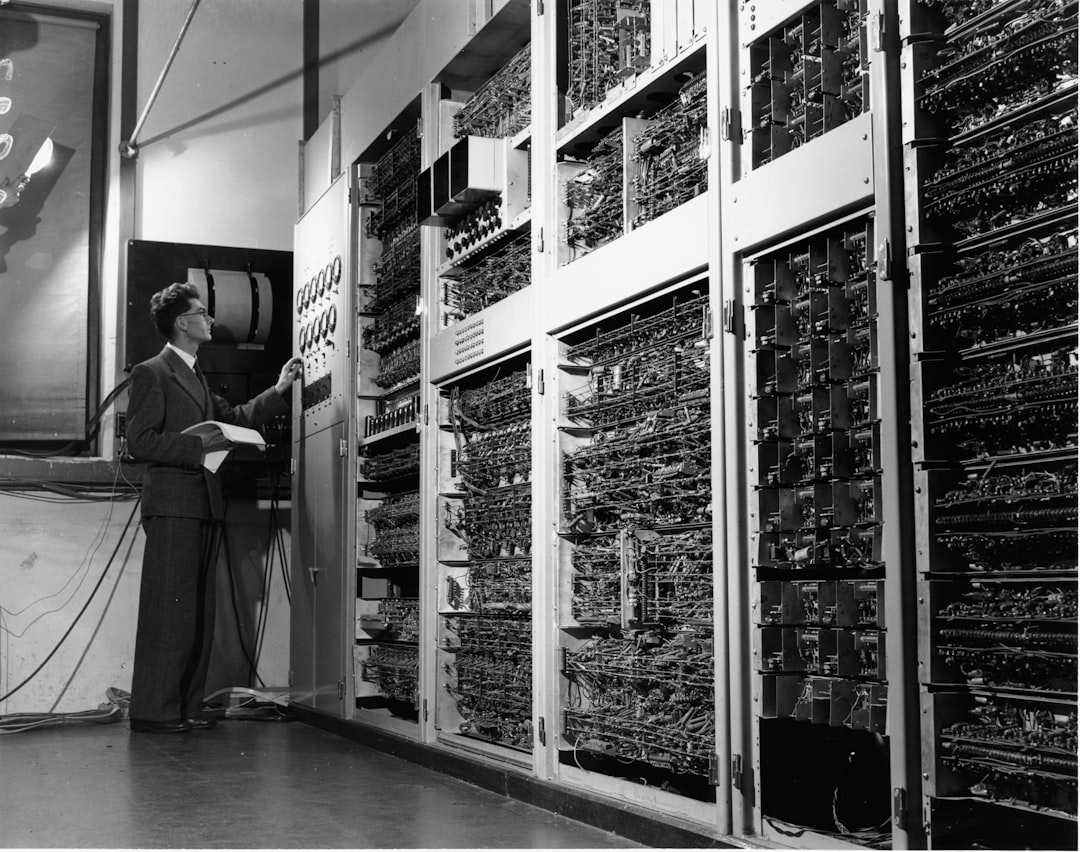The impact of AI on the future of work
Artificial Intelligence (AI) has been a buzzword for the past few years. It has become an integral part of our lives, changing the way we interact with technology. AI has also been transforming the way we work, and its impact on the future of work is significant. In this blog post, we will explore the impact of AI on the future of work.
Automation of Jobs
AI has already started to automate many jobs that were previously done by humans. This trend is expected to continue in the future. According to a report by McKinsey, up to 800 million jobs could be lost to automation by 2030. However, it is important to note that AI will also create new jobs that require skills that are not currently in demand.
Increased Efficiency
AI can help increase efficiency in the workplace. By automating repetitive tasks, employees can focus on more complex and creative tasks. This can lead to increased productivity and job satisfaction. AI can also help businesses make better decisions by analyzing large amounts of data and providing insights that humans may not be able to see.
Changing Skill Requirements
The rise of AI will also change the skill requirements for many jobs. Jobs that require repetitive tasks will be automated, and new jobs that require skills such as data analysis, programming, and problem-solving will be created. This means that employees will need to continuously learn and upskill to remain relevant in the job market.
Impact on Industries
AI will have a significant impact on many industries. For example, in healthcare, AI can help with the diagnosis of diseases and the development of new drugs. In finance, AI can help with fraud detection and risk management. In manufacturing, AI can help with quality control and predictive maintenance.
Collaboration between Humans and AI
AI will not replace humans in the workplace. Instead, it will augment human capabilities. Humans and AI will work together to achieve better results. For example, AI can help with data analysis, but humans will still be needed to interpret the results and make decisions based on them.
Impact on the Workforce
The impact of AI on the workforce will be significant. Some jobs will be lost to automation, while new jobs will be created. It is important for businesses and governments to prepare for this transition by investing in education and training programs that will help employees acquire the skills needed for the jobs of the future.
Conclusion
AI will have a significant impact on the future of work. While it will automate many jobs, it will also create new jobs that require skills that are not currently in demand. It is important for businesses and governments to prepare for this transition by investing in education and training programs that will help employees acquire the skills needed for the jobs of the future.






